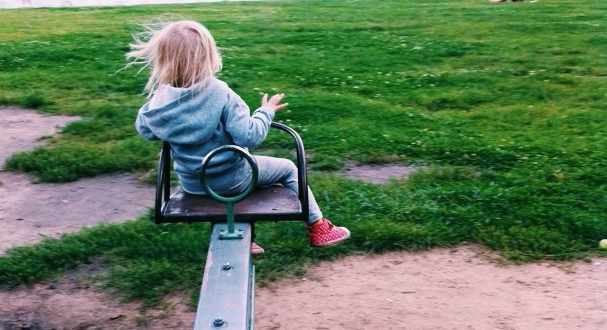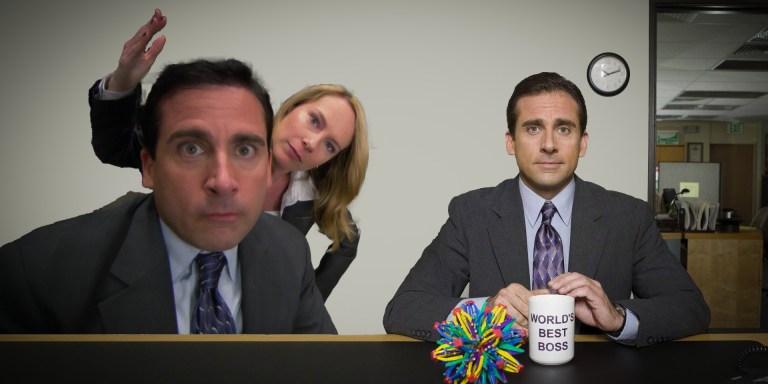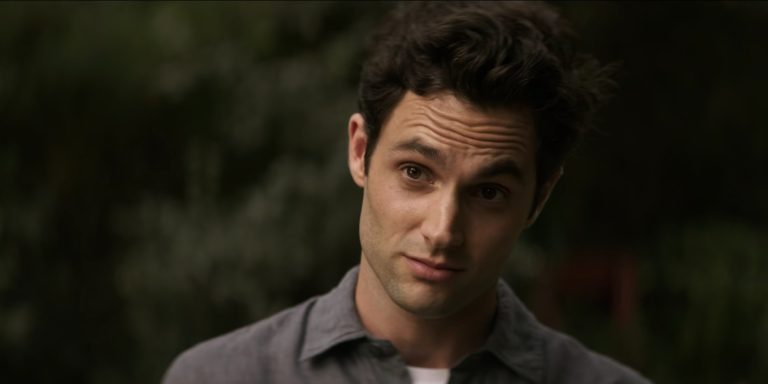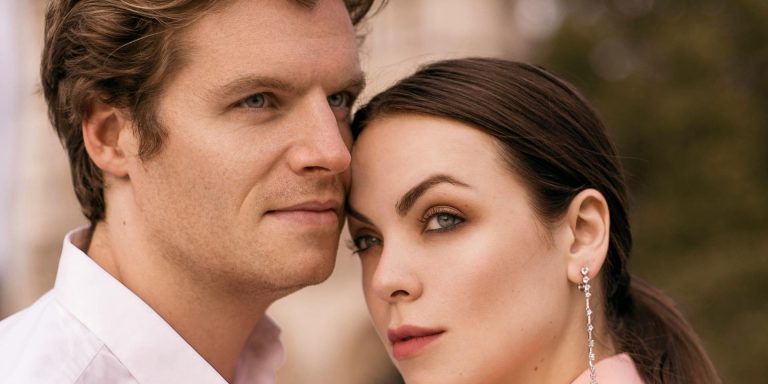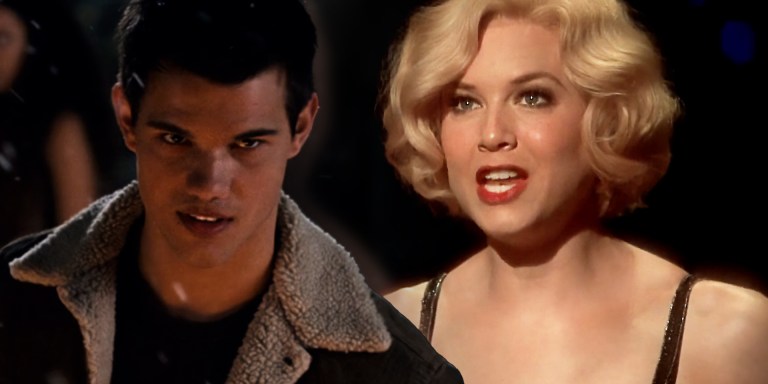“I felt a little sad saying goodbye to you. I don’t know if you detected the little teariness in my voice. I hate goodbyes.”
The above is from a letter my dad sent me while I was away at my 5th grade class week-long camp. He went on to talk about the vanilla shake he ordered from our local diner. That he is looking forward to watching the Eminem movie (“I think it is called 8” – close enough, Dad).
It now sits inside a folder with other various letters, photographs, movie ticket stubs, things that remind me of my father. I keep it beneath my bed, and on the particularly difficult nights, I go through each and every item. To remember. To mourn. To love him and the wonderful relationship we shared for 16 years. It is strange for me to think that is all I will ever have with him. 16 years. I could live another 80, and I will still only ever have 16 with my father.
There is no easy way to lose a parent. It doesn’t come with an instruction manual the older you get. There isn’t a specific path in which you will grieve or figure out how to deal with this enormous loss. But there are certain things that happen when a parent passes away all before you even turn 18.
You grow up much faster.
The naivety of childhood innocence is a bit stripped from you when you first experience death. And in the case of a parent, you often feel the need to step up. This is a tremendous pressure, and though it is often self-imposed, a child or teenager can feel like it’s something expected. Like the time for being a kid isn’t now. You become convinced you must step into shoes much too large to fill.
But as a result, you gain a new appreciation.
It’s a bit like the saying, “ignorance is bliss.” I imagine so many children have no idea how much is being sacrificed for their well-being. Hell, even for small things. The times my mother survived on canned foods and took funds out of her retirement money to provide for me. All so I wouldn’t know the struggle. There’s a new understanding of love, appreciation, gratitude for the people in your life. It’s taking a wheel off a bicycle and suddenly noticing new things about it. The build. The gears. That it took a lot of work to get up that hill and you didn’t even realize it.
There can be a disconnect with peers your age.
Especially if the loss occurs during really formative, turbulent years like adolescence. There’s the desire to be understood by people who really, by no fault of their own, can’t actually understand what you’re going through. I personally remember having a very hard time socializing when I would overhear a girl in class complaining about being grounded for something trivial like sneaking out or a low test grade. I formed very unhealthy hatreds for people, as if they didn’t know how good they had it. Which wasn’t fair, but grief doesn’t operate in a fair way. So sometimes you don’t either.
You carry strange feelings of guilt.
I remember lying in a hair salon when someone asked what my dad did. I didn’t know this woman. She was just shampooing me, cutting my bangs, did I really need to drop the dead dad bomb on this poor, unsuspecting stranger? No. That was the last thing I wanted. So I told her he was a professor (which he was when alive) and she asked a few more questions. And we continued chatting at a very superficial layer. There comes this weird sensation of guilt when talking to someone new and knowing the inevitable, “Oh my god, I’m so sorry!” will be coming your way when you finally tell the truth. I’m not sure why we feel apologetic for our own loss and the uncomfortable moment it might bring to someone else. But it exists nonetheless.
Change can be a little scary.
Okay. A lot scary. Change is a bit like the stranger on the street corner. You know that he could be wonderful, kind, everything you’ve been needing. But he could also be a nightmare. Because you’ve witnessed nightmares. You’ve felt change grab a hold of your heart and splatter it against the sidewalk. So you approach things a bit slowly. Or you might be the reverse and try to rush into change, hoping it’s like ripping off a bandaid. You know the inevitably of change, but it still makes your stomach drop.
You can be hesitant to get close to people.
Because you’re afraid. And I think it’s pretty natural to harbor a fear of getting attached. You know what can happen. You know the fragility of life and that love doesn’t make someone invincible. But when you do love someone, you love them all the way. No questions asked. And above all else, you make sure they know it.
Milestones are amplified.
Moments that should be huge celebrations come with bittersweet feelings. Graduations. Birthdays. Achievements. Weddings. Anything huge and momentous also feels like a reminder. It can be a difficult thing to vocalize or explain. You can be so truly, truly excited and still a little sad. But finding a way to remember you carry them with you, in memories and in your heart, makes it all a little more manageable. ![]()
